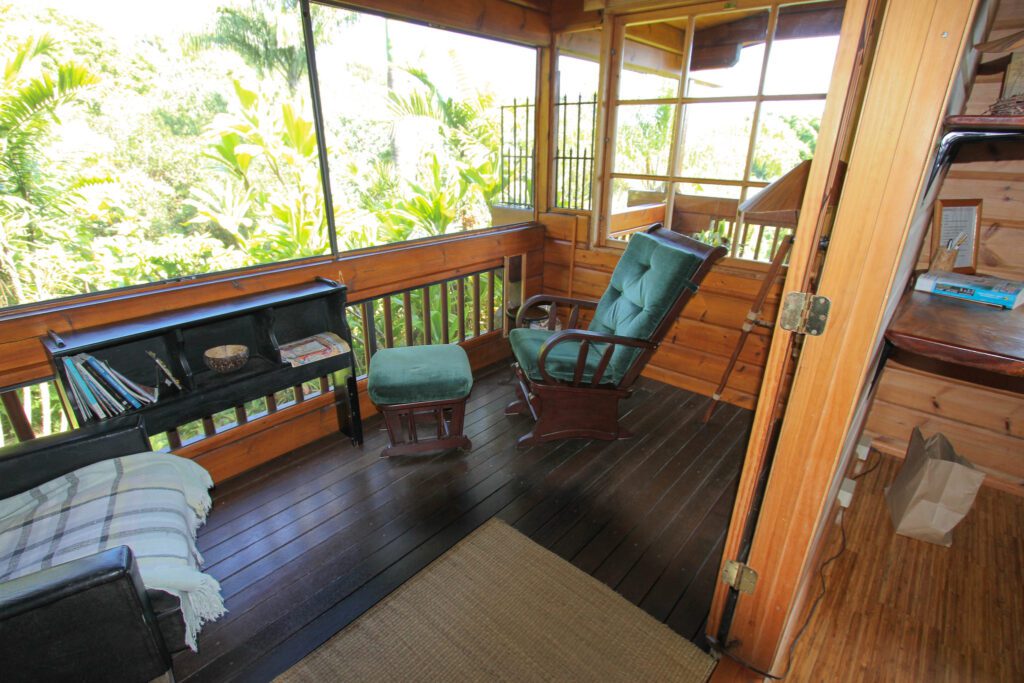As we approach the end of the year, venture capitalists are spilling some of that dry powder on real estate-tech firms.
San Franciso startups Kasa Living and Samara both raised significant amount in venture funding this week.
Kasa Living, which manages rentals for owners of multifamily and boutique hospitality properties, has raised $70 million in a Series C funding round. The round was led by Citi Ventures and FirstMark Capital. New York Life Ventures, Fireside Investments, and existing investors RET Ventures, Zigg Capital, and Ribbit Capital also participated in the round.
Founded in 2016, Kasa Living collaborates with a wide range of real estate owners, including Greystar, AMLI Residential, and Starwood Capital, as well as local hospitality investors and developers in major cities such as San Francisco, New York, Miami, and Nashville.
Its core business involves turning investor-owned multifamily apartments, boutique hotels, and single-family homes into professionally managed accommodations. In October this year, Kasa brought on a hotel and converted to an all-studio aparthotel in Los Angeles under its management.
Kasa Living plans to allocate the newly acquired funds towards expanding its operations and broadening its business reach. The company also announced that industry veteran Jonathan Langer joined its board. Langer also sits on the board of KKR Real Estate Finance Trust, Westin Hotels & Resorts, and Hilton Hotels & Resorts.
Currently, Kasa Living operates in multiple cities, including Seattle, Chicago, Denver, Austin, San Francisco, and Pittsburgh.
Samara’s Series A
Samara, the brainchild of Airbnb co-founder Joe Gebbia, raised $41 million in a Series A round, led by Thrive Capital and participation from investors including 8VC, General Catalyst, New Legacy, SV Angel. Airbnb co-founders Brian Chesky and Nathan Blecharczyk and Dell technologies CEO Michael Dell also participated in this round.
Samara, initially conceived as a blue-sky product research and development team within Airbnb in 2016, transitioned into an independent company last spring with funding from Gebbia and Mike McNamara, a former CEO of international product development firm Flex.
Based in San Francisco, Samara’s focus is Accessory Dwelling Units or ADUs. These include backyard cottages, casitas, and in-law units designed to coexist with homeowners’ primary residences. The company wants to mass-produce ADUs, allowing homeowners to expand their property. CEO Joe Gebbia drew a parallel to buying a Tesla online in his interview to Fortune —customize your options, tailor it to your preferences, and click “order.”
Its flagship product, “Backyard,” spans 420 to 690 square feet, priced between $269,000 and $369,000. With newfound funding, Samara will push its sales and marketing efforts.


